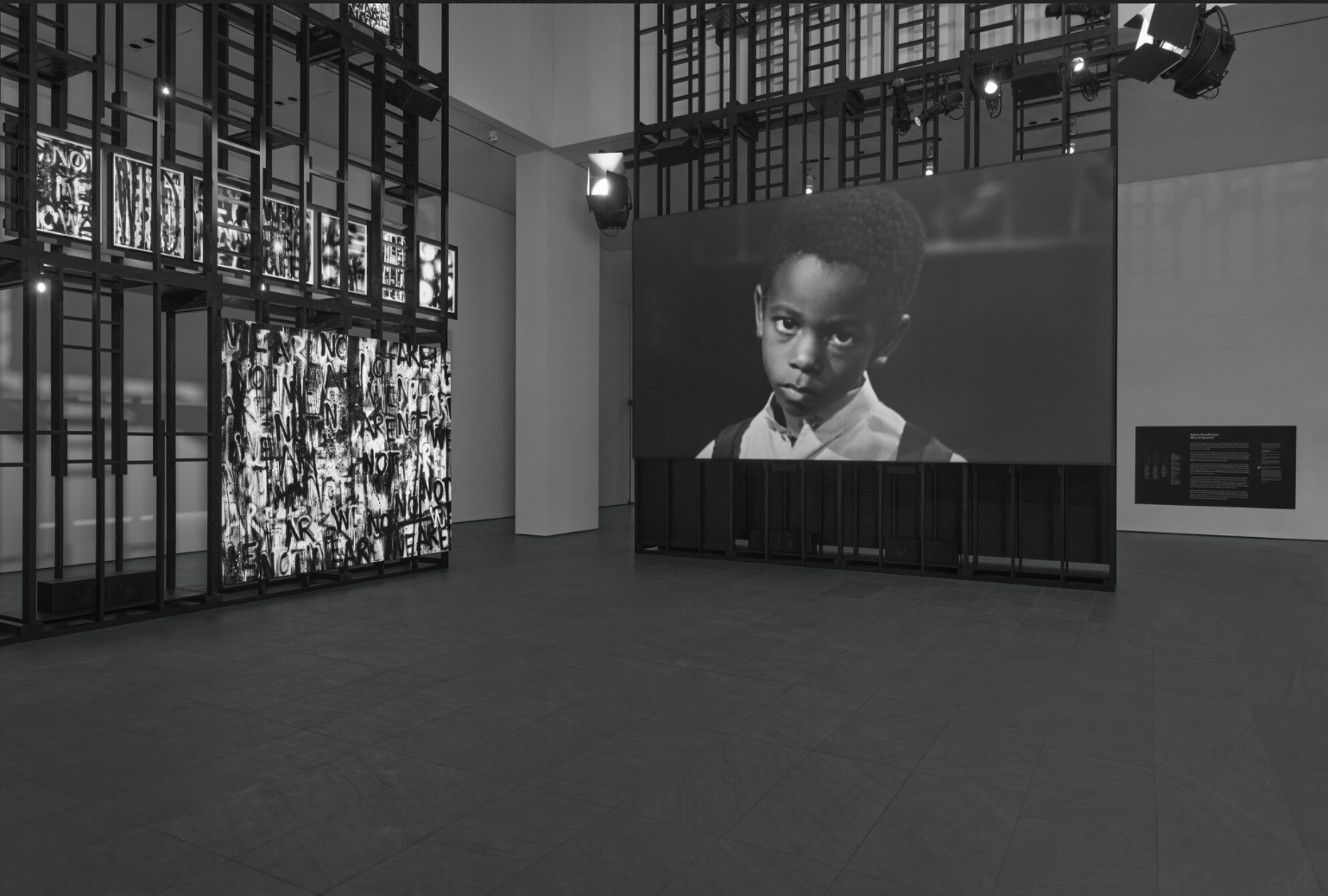
Cabaret Voltaire - Zurich, Swintzerland
5
Black radical tradition holds firm roots in the rejection of the myth of objectivity. In Black Dada, objectivity is indeed an inherently oppressive force - not just something to be unfavored, but something to be utterly rejected. Returning to Amiri Baraka’s seminal text and performance Black Dada Nihilismus, Black Dadaists accept their “positionality in the absurd anti-Black world” and “see that ‘the very structure of meaning in the modern world--signifier, signified, signification, and sign--depend on anti-black violence for its constitution.’” It thus becomes anti-translation, anti-grammar, anti-ethic, anti-domination. Through this framework, everything must go! It is the ultimate refusal of dominant anti-art. There is no objectivity because there is absolutely nothing at all. At a certain level, it’s difficult to consider this “socially engaged” in any way because can something that rejects the presence or necessity of any social structure choose to engage in a social structure? Yet, Black Dada is inherently abolition. The only way to escape Black Dada nihilism is to obliterate all structures that commodify Blackness, which is in essence every existing structure of making meaning - even the original Dada institution (which was highly racialized and not impervious to critique).
Yet, despite Zurich Dada’s obvious social shortcomings, Pendleton’s first text in the Black Dada Manifesto is Hugo Ball’s seminal Dada Manifesto. So for a moment, let us return to the original text.
I think the most interesting part of this text is where Ball claims that you can achieve something like eternal bliss simply by saying the word Dada over and over and over and over and over again.
